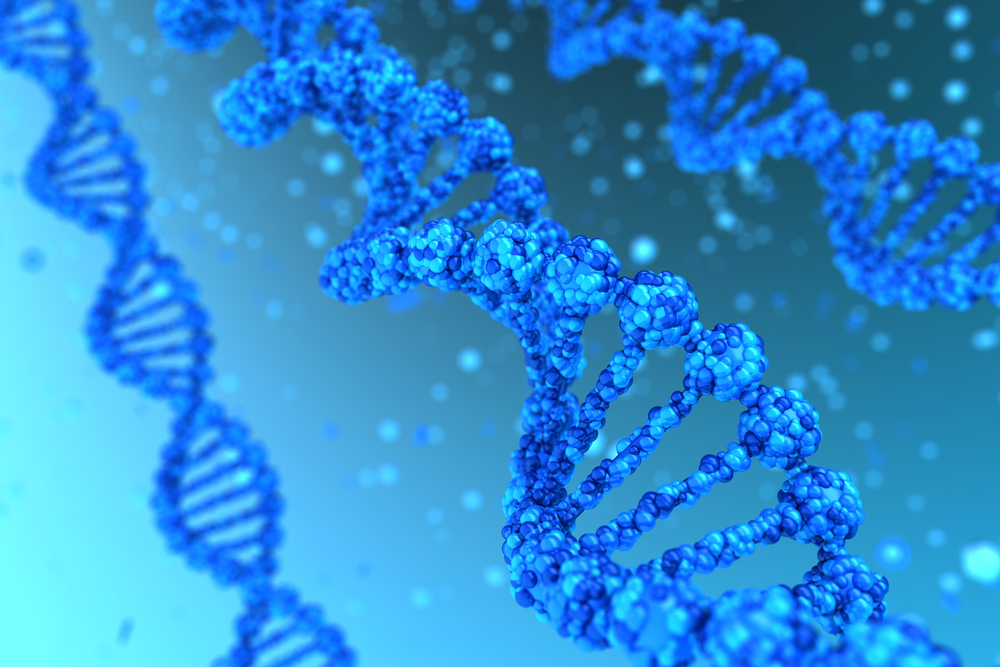World’s Largest Genetic Hemophilia Research Repository Opens to U.S. Researchers
Written by |

My Life, Our Future (MLOF), a national program founded by leaders in the hemophilia and blood disorder community, marked Feb. 28 — Rare Disease Day — by launching the world’s largest research repository of its kind to researchers and scholars.
The program is opening to U.S. scientists and will expand to worldwide scientists in 2018. It will start with a collection of genetic data and blood samples linked to phenotypic (observable disease characteristics) data from more than 5,000 people with hemophilia A and B. At least 100 hemophilia treatment centers across the United States have chosen to participate.
The MLOF repository provides free genotyping, or analysis of a person’s DNA sequence, to American hemophiliacs who, for various reasons, have not received a genetic test. The goal is to increase genotyping and help patients learn about the genetic causes of their disorder.
The platform will also help researchers advance general understanding of hemophilia, as well as the genetic differences that affect bleeding severity and how reactions to treatment vary.
“Hemophilia is a complex disorder and prior to today, there was no genetic and phenotypic database of this scale aiding scientific innovation,” MLOF’s principal investigator, Barbara Konkle, MD, said in a press release. “With this new resource, researchers now have one source for the genetic data, repository samples and clinical data needed to investigate the many unanswered questions about hemophilia.”
The disease, which impairs the ability of one’s blood to clot, can be caused by nearly 4,000 genetic mutation). So far, the initiative has already identified more than 600 new genetic variants that lead to hemophilia. Through MLOF, patients can also donate unidentified genetic data and blood sample to the repository; 83 percent of those sampled so far have chosen to do so.
“We’re thankful to the thousands of people with hemophilia across the country who have opted to participate in this program,” said Val Bias, CEO of the National Hemophilia Foundation, one of MLOF’s founding partners. “They will positively impact the lives of a new generation.”
Researchers can submit applications for evaluation by the review committee, which will approve proposals based on their scientific merit and level of benefit for those with bleeding disorders.
“Over 100 hemophilia treatment centers across the country chose to participate in My Life, Our Future because they believed in the value of genotyping for their patients,” added Diane Aschman, president and CEO of the American Thrombosis and Hemostasis Network, another founding partner of the initiative. “We are hopeful that the genotypic data and samples, when combined with the phenotypic data in the ATHN [American Thrombosis and Hemostasis Network] dataset as collected by the participating centers, will catalyze research that can improve care and outcomes for people with hemophilia.”
Bloodworks Northwest and Bioverativ are also partners in the project.


